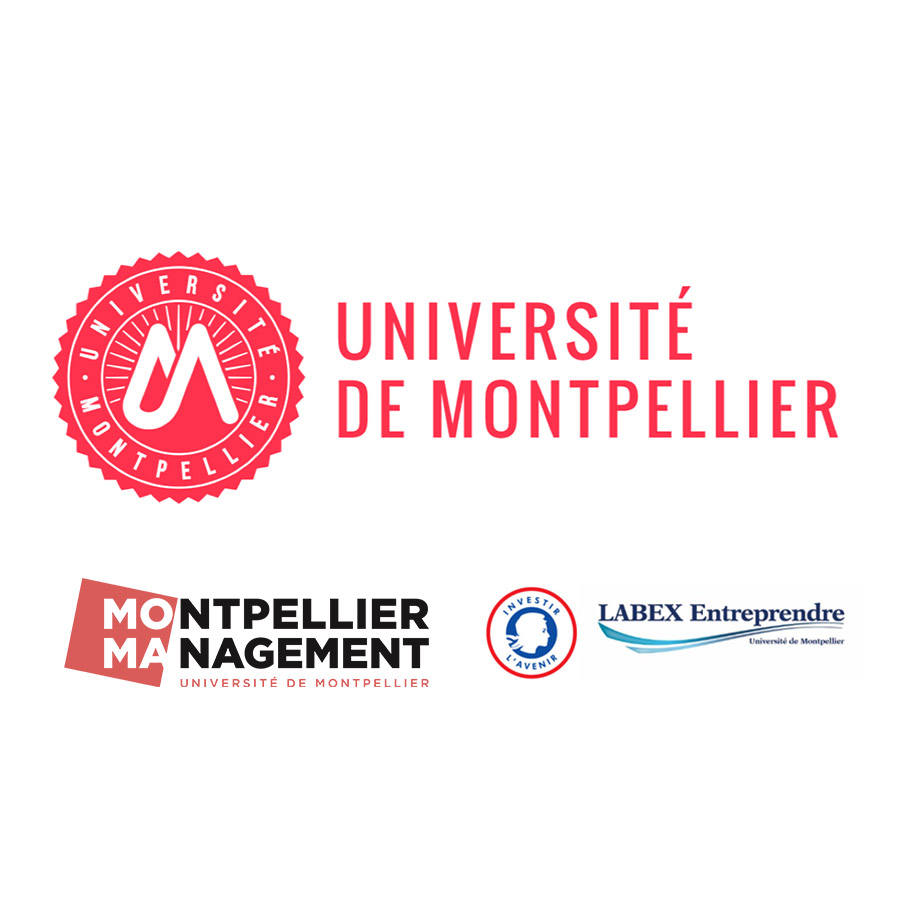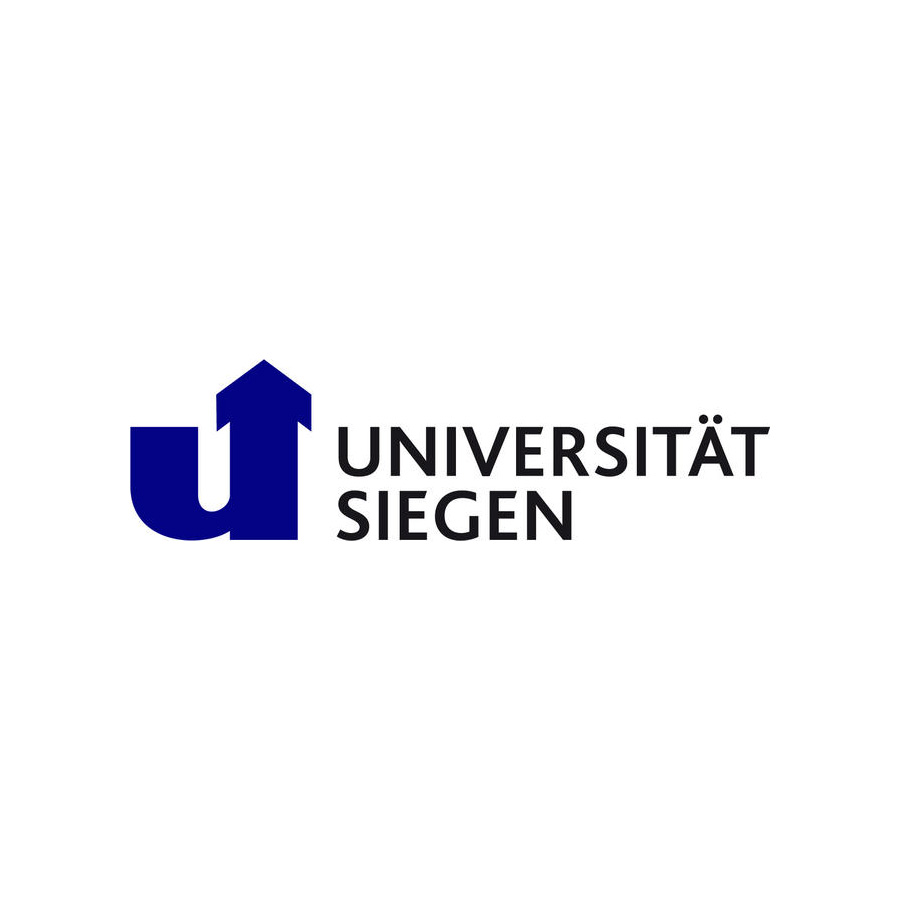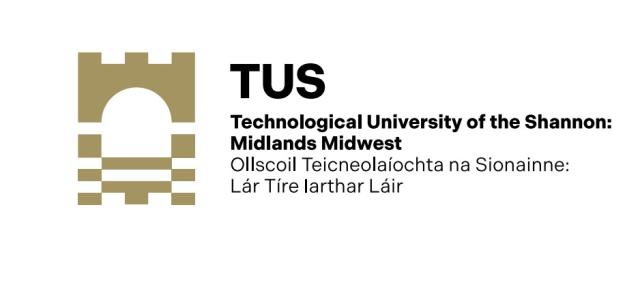How to start?
Find out the specificities of application and funding opportunities in each country, and discover the research programmes in management in our universities!
Procedure for a PhD in France
In order to do a PhD in France, you need to hold a Master’s degree, but you can already apply for a PhD during the academic year preceding the completion of your Master’s. It is highly recommended that you prepare your application in advance (at least from January of the academic year). It is very important to be in early contact with your potential supervisor, who will guide you through the application process.
Here are some information concerning French specificities – the Doctoral Schools, and funding opportunities. You can also check the website of Campus France – the French agency promoting French higher education abroad.
Doctoral Schools
In France, the PhD is issued by Higher Education Institutions (HEIs) through a specific internal structure, the “Doctoral School”. There are in total 270 doctoral schools in France, each of them covering various connected disciplines in the different HEIs and lying at the crossroad between education structures and research laboratories. Doctoral schools supervise the admission of students in the doctoral path and their training, and they are also responsible for issuing doctoral contracts and funding opportunities.
In Montpellier, the EDEG doctoral school, hosted at the University of Montpellier, focuses on economy and management.
Find here the list of the doctoral schools in France.
The question of funding for your PhD is an important one. Some students make the decision to start a PhD without funding. For example, it can be the case for employees of companies, or consultants, who engage in a PhD alongside their professional activities, allowing them to step back from their job.
However, there are various possibilities to find funding for your PhD, allowing you to fully dedicate your time to your research. In particular, you can choose to be either employed by the university with a doctoral contract, or by a company. There are also further opportunities for funding through stipends and scholarships awarded by a variety of institutions or organisations. These opportunities are highly competitive, so it is advised to candidates to prepare thoroughly their applications.
Public funding
The most common contract to fund your PhD is the “doctoral contract”, which is a 3-year contract financed by the university.
Doctoral contracts are awarded to successful PhD candidates who applied specifically on research topics proposed by researchers of the university laboratories and advertised by the Doctoral School.
A doctoral contract can be exclusively dedicated to research, but it can also include specific amendments allowing PhD students to dedicate 5/6 of their time to research, and 1/6 to other activities, including teaching, scientific valorisation or advising to third-party institutions. They ensure a salary of 1769 EUR/month gross for research activities, including social benefits and health insurance, and further remuneration depending on the additional activities performed by the students.
Doctoral contracts are by far the most common contract for a PhD in universities. In Montpellier, 30% of all PhD students in management benefit from such contracts.
PhD candidates who must extend the duration of their PhD beyond 3 years can be beneficiaries of ATER contracts (ATER stands for “Attaché Temporaire d’Enseignement et de Recherche”), which are employment contracts provided by the university.
ATER contracts can only concern PhD candidates close to the completion of their thesis – the maximum duration of the contract is 2 years. These candidates must then provide additional time to teaching, reaching 128 hours of lectures or 288 hours of seminars per year, for a remuneration slightly higher than with a doctoral contract.
Private funding
Another possibility for the PhD student is to benefit from the collaboration between a company and the university. “CIFRE” contracts consists in an agreement between a PhD student, a company and the university (CIFRE stands for “Convention Industrielle de Formation par la Recherche”). In that case, the PhD student is employed by the company – either on a permanent basis, or for 3 years (duration of a CIFRE contract) – and receives a salary of 1957 EUR/month gross minimum, including social benefits and health insurance.
As beneficiaries of a CIFRE contract, PhD students spend half of their time by the company doing research, and the other half by the university where they receive doctoral training. The supervision of the PhD is ensured by an academic supervisor at the university and a tutor in the company.
The CIFRE initiative is co-financed at 50% by the French Ministry of Research and concerns large companies as well as small businesses, thus supporting a stronger cooperation of the industry with academia. Annually, more than 1400 CIFRE contracts are awarded.
At the University of Montpellier, approximately 5% of our PhD students benefit for CIFRE contracts.
A similar opportunity is represented by the European Industrial Doctorate supported by the European Commission through a specific research programme, the Marie Sklodowska Curie actions. In this case, the academic institution and the company should be located in different European countries.
This type of contract is however rather rare in management sciences.
Further funding opportunities
Finally, other funding opportunities include stipends or scholarships awarded by a large variety of organisms, including the laboratories themselves, the region, or private institutions. It can consist in employment contracts at the labs, or even doctoral contracts awarded by specific institutes.
For example in Montpellier, #DigitAg (Digital Agriculture Convergence Lab), a public-private collaborative institution focused on digital agriculture, provides additional funding for PhD students doing their research in this particular field. One of our PhD student at Montpellier benefits from this opportunity; learn from her what it is about
In Montpellier, LabEx Entreprendre also provides specific funding for PhDs focusing on the question of entrepreneurship and sustainability.
Testimonials
Applying for PhD
Funding your PhD

Research at the University of Montpellier
Research activities in the field of management in Montpellier are carried within the Montpellier Research in Management (MRM) research laboratory, which associates about 210 researchers and professors from the University of Montpellier and other higher education institutions in the region.
More particularly, research in Montpellier is mainly focused around 3 main areas, contributing to the reputation of Montpellier and the Occitanie region worldwide. These strategical areas are:
– Agriculture
– Health
– Sustainable Development
This lies at the heart of the Montpellier – Université d’Excellence (MUSE) initiative, which is carried by the University of Montpellier, supported by the French government (through the Plan d’Investissement d’Avenir – PIA programme), and which structures research and education around these three areas. Hence research activities in the field of management focusing on those topics are much supported and attract a large amount of funding by diverse institutions.
LabEx Entreprendre is enshrined in this strategy for excellence in research in these areas. Research work at LabEx is oriented towards entrepreneurship, and in particular the question of sustainability in entrepreneurship.
Meet our students and staff members
Jean-Marie COURRENT – Professor
Marie-Christine LICHTÉ – Professor
Gilles N’GOALA – Professor
Florence PALPACUER – Professor
Constance BANC – PhD (3rd year)
Sofia LAMPERTI – PhD (1st year)
Ysé COMMANDRÉ – PhD (3rd year)
How to apply at the University of Montpellier
Make a choice
To engage in a PhD in management in Montpellier, you need to be:
- registered at the EDEG doctoral school
- affiliated to the Montpellier Research in Management research laboratory as a junior researcher
- and depending on the research subject, to be affiliated to LabEx Entreprendre or other institutions (such as #DigitAg)
These partners work together within the University of Montpellier to provide resources and support to PhD students and accompany towards their thesis defence.
Procedure for a PhD in Germany
If you decide to do your PhD in Germany, you may have to think about the different options to conduct your doctoral studies. The path you choose is highly dependent on your personal situation. In the following we want to introduce you to the different options:
Working at the University and doing a PhD.
One way is to do your PhD internal at the University while working as a research assistant for your supervisor. Next to doing their own research for their dissertation, PhD students have to fulfill duties at the institute, chair or project they are working for. A positive note is that you are in a paid employment and you are closely surrounded by other researchers (i.e. your supervisor, other doctoral students and post docs) that can help to develop your research. However, one should not forget that it may take longer to complete the doctorate because of the additional tasks.
External PhD.
There is only a supervisory relationship between the doctoral student and the supervisor. The student works on his/her PhD research topic and has no additional duties, but also does not get paid by the university. In contrast to an internal PhD one cannot profit from the close relationship to other PhD students, post docs and the supervisor which can hinder the networking in the scientific field and makes it more difficult to ask questions. Moreover, one has to think about other financing options for the doctoral qualification e.g. a “mini-job”. Some external PhD students work in a full-time job for a company or do their PhD in cooperation with the company they are working for. However, you should keep in mind that you will only have very limited time to conduct your PhD research which can prolong your PhD studies. It also requires very good time management, high motivation and self-discipline to work on the research before and after a working day as well as weekends, but you already gain experiences in industry.
PhD scholarship.
Another option to do your doctoral studies could be a PhD scholarship. There are multiple forms of scholarships with different requirements and conditions. Some offer additional funds for books, other offer financing for scientific and technical studies or you get a full scholarship which includes living costs. Here you can find many scholarships offered in Germany. If an PhD student receives a scholarship it needs to be considered that there usually are strong regulations relating to part-time jobs.
After finding the right option for you on how to do the PhD there are some legal requirements. In general, one needs an advanced university degree like a Master degree or an equivalent university degree with a final grade of “good”. Sometimes other evidence like personal assessment by a professor or above-average seminar grades may also be sufficient. This needs to be discussed with each individual university.
Testimonials
Different types of PhD
Funding your PhD
Funding your PhD

Research at the University of Siegen
Understanding and shaping modern business and economic processes requires close cooperation between business administration, economics, business information systems, business law and economic education. The School of Economic Disciplines takes this into account through diverse joint research projects and interdisciplinary teaching. This also includes close cooperation with related subjects such as social and media sciences, mathematics, computer science and technical sciences.
The School of Economic Disciplines attaches great importance to the scientific excellence of its members. This is manifested in an adequate appointment policy and an orientation of publication activities towards high-ranking scientific journals. In addition, the School of Economic Disciplines attaches great importance to the demanding and modern training of young scientists. The practical orientation of research and the transfer of its results into practice are becoming increasingly important.
The faculty is actively involved in the transfer of knowledge to the region of Siegen and beyond, promotes start-up projects of students, cooperates closely with industry, trade and service companies, especially in the field of small and medium-sized enterprises. In its research and education, the faculty is oriented towards international standards and requirements in order to train its students for an increasingly europeanized and globalized environment and to prepare them for an internationally oriented activity in companies, organizations and administrations.
How to apply at the University of Siegen
Funding
If you would like to do your doctorate in-house at the university and thus also work there as a research assistant, the job portalof the university of Siegen offers an overview of vacant positions. Of course, you can also contact the professors directly. This is also the case if you want to do an external doctorate. In such a case, it is advisable to contact the preferred professor directly. If you are interested in a PhD scholarship, the homepage of the House of Young Talents of the University of Siegen gives a short overview of some possibilities. In this context, it is important to know that there are many different scholarship providers in Germany that support different target groups.
Make a choice
The first thing you should do is to decide which of the possible options for doing a PhD at the University of Siegen is suitable for you. Do you want to do your PhD working at a chair, or is an external PhD, or a scholarship, an option for you? The application procedure strongly depends on the choice you make. Information about the different chairs at the School of Economic Disciplines and their research focus can be found on our website.
The best way to find out about your own options is to conduct a broad Internet search in order to find a suitable program.
Procedure for a PhD in Ireland
Ireland does not have a centralised application process for post-graduate studies. Students have to apply directly to universities.

Research at the Limerick Institute of Technology
Research within LIT occurs through 20 dedicated centres and groups encompassing a wide variety of disciplines from Fine Art and Design, to Social Sciences, Biotechnology, Interactive Systems, Energy Management, and Sustainable Development. The research centres and groups all have a focus on developing niche areas of expertise to attract international researchers and external funding to provide innovative products and processes for LITs industry partners and develop postgraduate research opportunities.
In parallel, the LIT Graduate Studies and Research Office plays a pivotal role in facilitating the academic progression and career development of LIT’s Masters (L9) and Ph.D. (L10) postgraduate students.
Research, Technology Transfer activities are co-ordinated and managed by LIT’s Head of Research and Technology Transfer, Dr. Patrick Murray.
Graduate Studies are co-ordinated and managed by LIT’s Head of Graduate Studies, Dr. John Cosgrove.
All research and graduate studies activities are supported by other research staff.
How to apply at the Limerick Institute of Technology
Funding
The President and Vice President for Research, Development and Innovation, in conjunction with the Faculties of Applied Science Engineering and Technology, Business & Humanities and the Limerick School of Art and Design, are opening a call for proposals for the LIT Postgraduate Research Bursary Awards.
Applications are invited from interested candidates who have identified an innovative research topic they wish to pursue that has potential to lead to the award of a Masters or PhD. All applications must clearly demonstrate the aims, objectives, research question(s) and potential impacts of the proposed research. Applicants must have the prior agreement of an LIT staff member to act as their Principal Research Supervisor.
Support will be prioritised towards the generation of new knowledge and the potential for impact generation in the community/economy.
Postgraduate Research Bursary Award
- Financial support for fees and monthly stipend toward the completion of a Masters / PhD by Research
- Research Skills Training and access to experienced Research Supervisors in LIT
- Opportunities to engage with LIT Research Centres and National and International Research Partners
Award conditions
- Masters Stipend: A stipend of €500 per month up to a maximum of 2 years (24 months) for full-time research postgraduate students on a Masters Research Degree Programme.
- Fees: Candidates will be required to apply for fee supports through the SUSI grant system. Where SUSI grant support is not available, the Institute will award the fees for two academic years, up to a maximum of €5,200 per annum. (Note: The award does not cover the fees for Non-EU Candidates).
- Where alternative funding (MSCA, IRC, etc) becomes available, that funding will be used to cover the fees/stipend.
- A project budget for additional items up to a maximum of €1,600 may also be available where justified.
- The Award is contingent on the successful registration of the candidates Research Degree Programme in Academic Year 2020/2021. (RDP Submission Deadline: Friday 15th January 2021).
- The continued award of the stipend is contingent on the candidate’s progress through their research project and their availability to support teaching delivery (up to two hours per week) in consultation with their supervisor and Head of Department.
Registration
Registration on a PhD research degree programme in LIT is normally done through initial registration on a Masters by research and subsequent transfer to PhD after 18 months (minimum 12 months) in line with the Institute’s regulations. Subject to meeting the transfer requirements, candidates are required to submit an application for an additional year’s funding, including fees up to €5,200 and an enhanced stipend (€1,000 per month for 12 months). Subject to the envisaged funding stream being available.
To apply to our Postgraduate Research Bursary programme, you need to complete and return the relevant application form to the Graduate Studies and Research Office by email to postgraduatebursaries@lit.ie
Contact graduatestudies@lit.ie for any enquiries.



